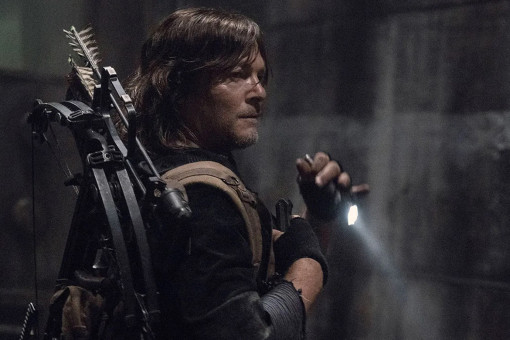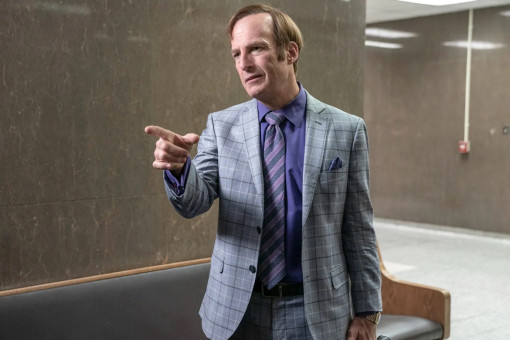You've got to wonder how any casting director working in television keeps up with today's demand for talent.
Sharon Bialy and Sherry Thomas have the benefit of pooling their collective wisdom and instincts via Bialy/Thomas & Associates.
They've worked together for 14 years, and while they also cast movies and theater, their television work has been on fire of late. In 2014 they shared an Emmy nomination for casting AMC's Breaking Bad (along with Albuquerque-based Kiira Arai).
Of course, they've also assembled stellar casts for The Walking Dead, Gotham and Better Call Saul, to name just a few.
When it comes to casting choices, "Most of the time we agree, but every once in a while if we don't, that's great," Thomas says. "It gets the creative juices flowing, and it's what you need sometimes to force yourself to think out of the box."
Emmy contributor Christine Champagne spoke with the duo about the challenges and rewards of casting for television these days.
Q. With broadcast, cable and streaming services all hungry for content, there are so many great TV series right now. Does this volume make it harder to find talent?
Bialy: The landscape has really changed due to proliferation of content. We joke in the office that our list of actors who are not available has grown exponentially — it used to be a page, and now it might be three pages long.
So that has changed, but all of these shows have also opened up creative opportunities. There's a slew of actors who have the opportunity to become series regulars that may not have had that opportunity before. Like with Gotham, when we did our [pre-casting] interview with the show, we said, "We have —"
Thomas: We have your Penguin!
Q. So you knew right away that Robin Lord Taylor had to play the Penguin. How were you sure he was right for the role?
Thomas: Because part of our job is to track actors, and he was a New York–based actor that had been self-taping for us on several different projects. Breaking Bad was one of them.
It was down to him and Jesse Plemons for the character that has now been nicknamed Creepy Todd, and for a variety of reasons, it was just a better fit for Jesse. But we kept tracking Robin, so when we were discussing Gotham and we knew what the premise of the show was going to be, it was a no-brainer.
Q. Is it still a thrill every time you cast a performer in a role that launches a career?
Bialy: A maternal instinct comes out. You're so proud of them, and you get to take part in their journey if they become successful — especially when you champion people early on.
Thomas: It's also really rewarding to give actors jumps in their career that they haven't had before, if they've been around for some time.
Bialy: Like Dean Norris in Breaking Bad. He had been working, but people didn't give him the credit that was due to him in terms of his craft and his intelligence. Of course, now that's all changed.
And Jonathan Banks — to watch the revival of his career from his guest-star turn on Breaking Bad was exciting. Vince [Gilligan, creator of Breaking Bad] started writing for him.
I think the biggest compliment of all is when writers like Vince start writing for actors who were brought in as guest stars.
Q. What can producers do to help you find the best match for a role?
Thomas: Communicate early on. For a series like The Walking Dead, for example, it's about communicating what role they're coming up with, the longevity [of the character] and the impact of the role on the rest of the ensemble.
Bialy: Sometimes we'll say to [The Walking Dead's showrunner] Scott Gimple, "What is the quality in an actor that's most important to you?"
That's not something that is necessarily in the script. And Scott also clues us in — sometimes way in advance — about some of the characters. "Oh, next year, we're going to have such and such," and that is so helpful.
In fact, we met David Morrissey on a general meeting and knew the Governor [role] was coming up. He wasn't someone who wanted to do series television, but we got him to consider it.
To get those kinds of interesting actors, you can go the extra mile as a casting director when you have the information in advance.
Q. How important is it in television now to cast an actor who is already a big star?
Thomas: It depends on the show. With The Walking Dead, the graphic novel was the star, and we just needed to put the pieces in there to make the story come to life on screen.
Bialy: It depends on the network, too.
Thomas: Yes, and the network. We've been so fortunate to work repeatedly with AMC, and they give us creative latitude in casting.
There are other primetime networks where it is star-driven. It's not that way at AMC. They love making stars, and I've always believed that television is the one area where you can make stars.












